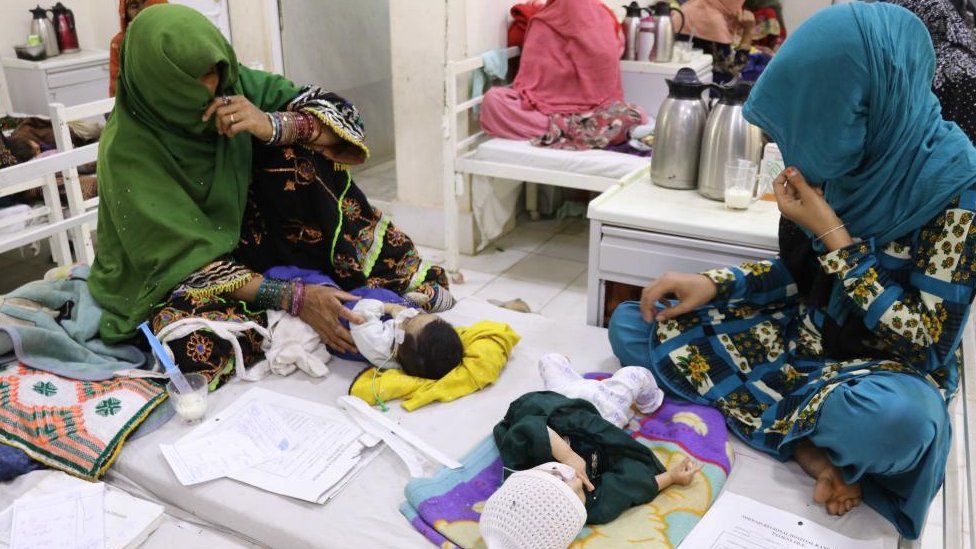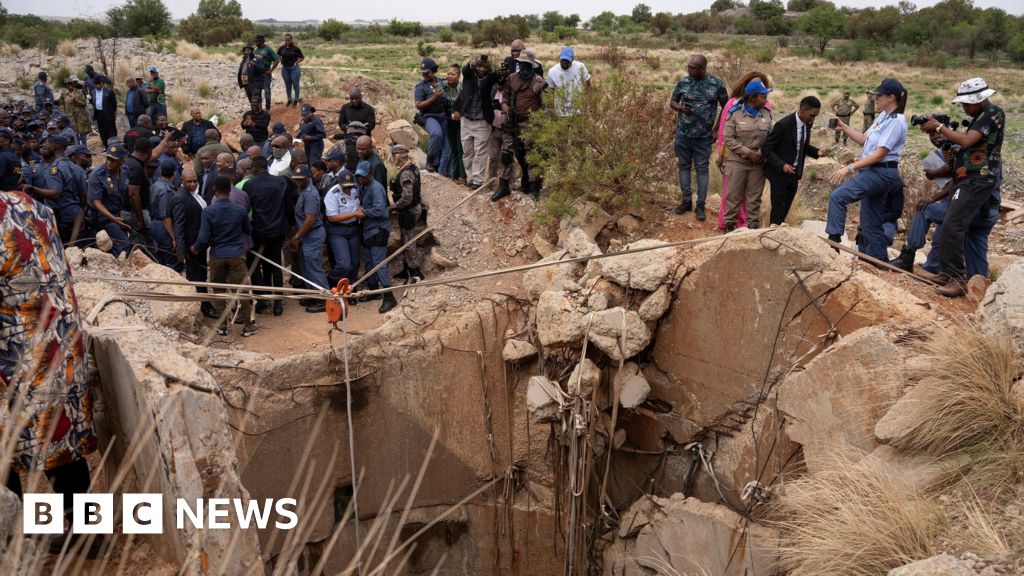ARTICLE AD BOX
 Image source, EPA
Image source, EPA
The aid groups say the ban on female staff is a direct threat to their lifesaving work
Three major non-governmental organisations (NGOs) have halted work in Afghanistan after women were banned from working for them by the Taliban.
In a joint statement, Care International, the Norwegian Refugee Council (NRC) and Save the Children said they would be unable to continue their work "without our female staff".
The aid groups are "demanding" that women can continue to work for them.
Afghanistan's ruling Taliban have been steadily repressing women's rights.
The latest edict on NGOs came just days after the Taliban banned women from attending university.
Abdel Rahman Habib, spokesman for the Taliban's ministry of economy, claimed female workers at the foreign aid groups had broken dress codes by not wearing hijabs.
The Taliban threatened to cancel the licence of any organisation that did not swiftly comply with the ban.
The leaders of Care, the NRC and Save the Children said the organisations "would not have jointly reached millions of Afghans in need since August 2021" were it not for their female staff.
"Whilst we gain clarity on this announcement, we are suspending our programmes, demanding that men and women can equally continue our lifesaving assistance in Afghanistan," their statement added.
Jan Egeland of the NRC said nearly 500 of the aid group's 1400 workers were women, and that female staff had been operating "according to all traditional values, dress code, movement, [and] separation of offices".
He said he hoped the decision would be "reversed in the next few days" and warned that millions would suffer if NGOs' work was obstructed.
NGOs also expressed concern about the effect the ban would have on jobs "in the midst of an enormous economic crisis".
Female Afghan NGO workers acting as the main earners in their household previously told the BBC of their fear and helplessness following the ban.
One asked: "If I cannot go to my job, who can support my family?" Another breadwinner called the news "shocking" and insisted she had complied with the Taliban's strict dress code.
The ban triggered international outcry, with US Secretary of State Antony Blinken warning it would "disrupt vital and life-saving assistance to millions".
The Taliban retook control of Afghanistan in 2021, two decades after being removed from power by a US-led military coalition.

 1 year ago
22
1 year ago
22








 English (US)
English (US)